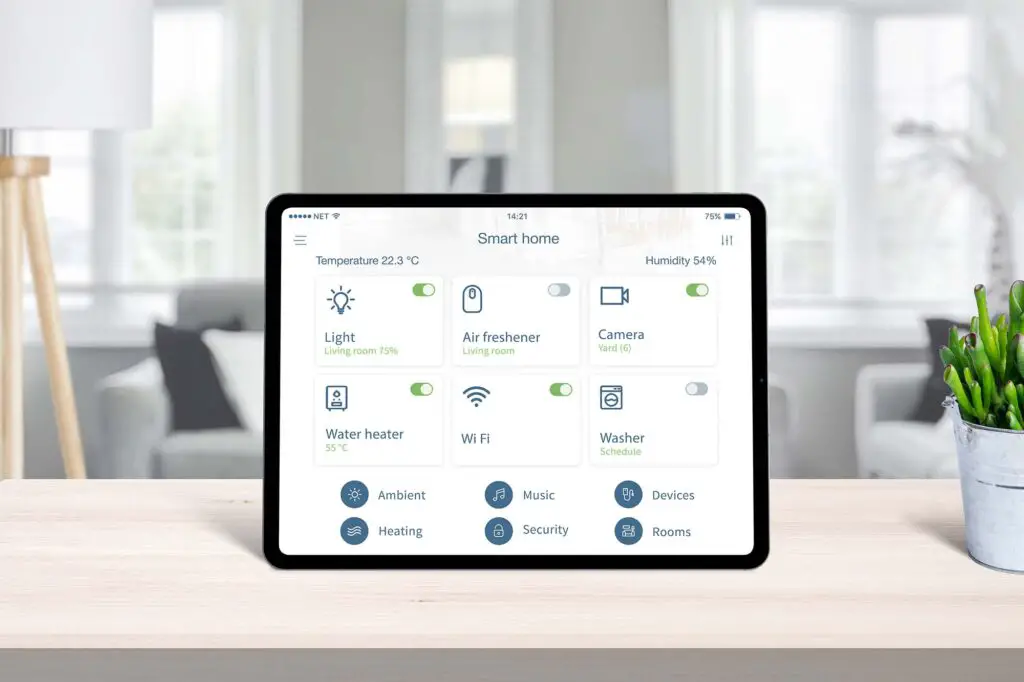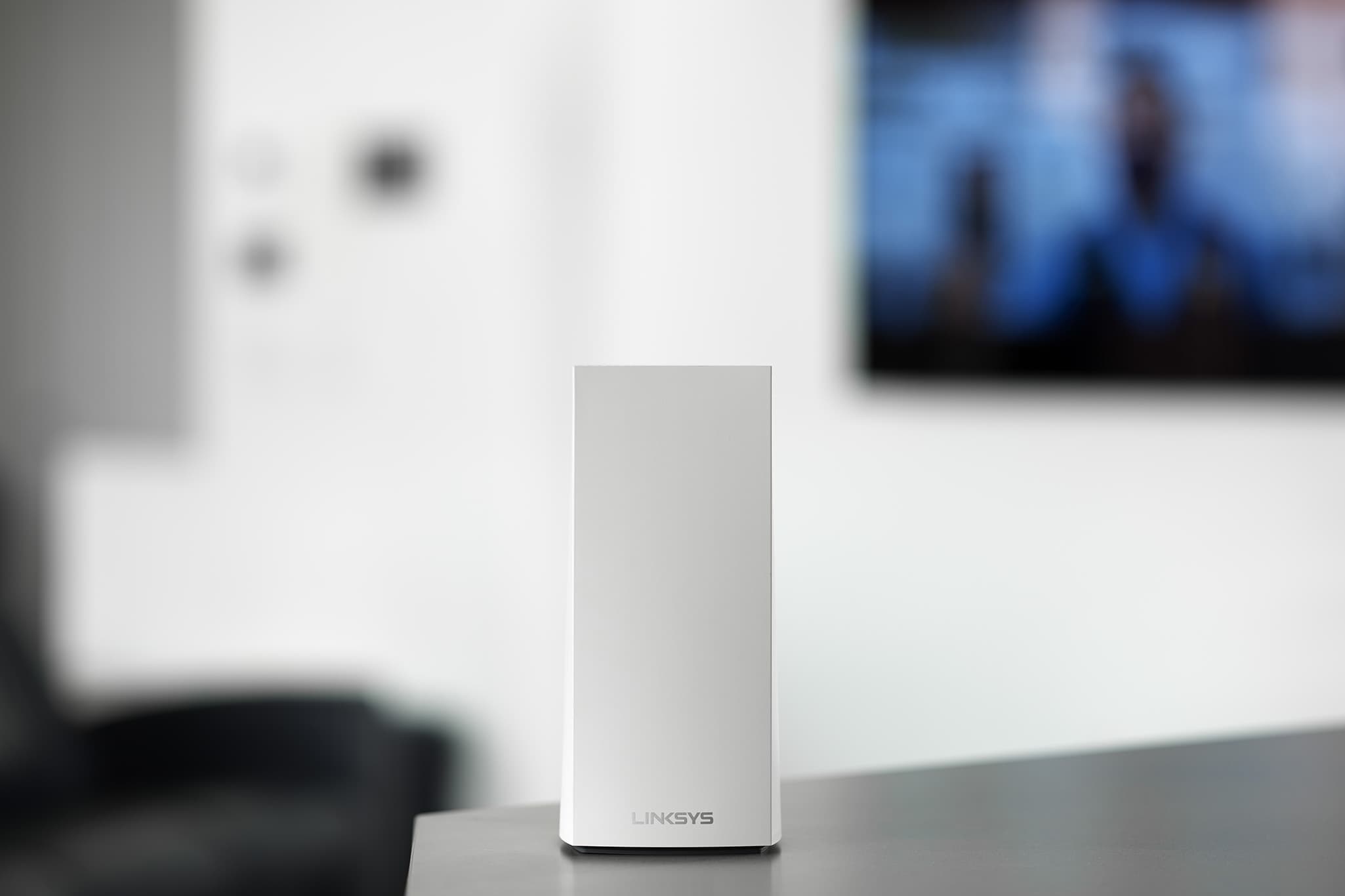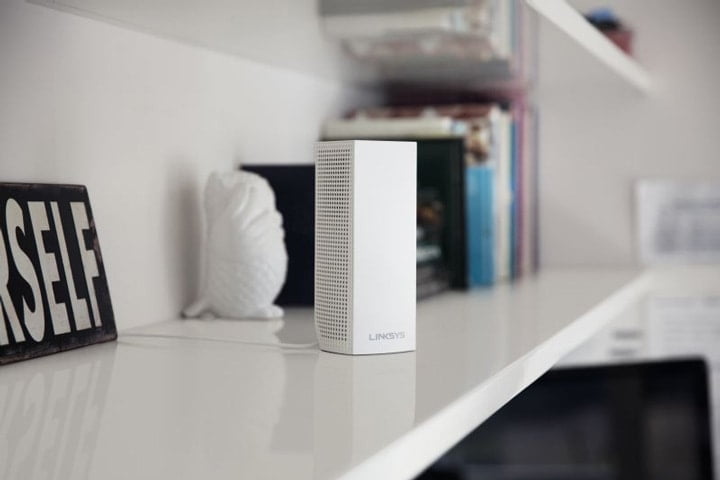Smart hubs have been around as long as smart home technology itself, acting as the gateway between your smart home devices and the internet. However, these days the smart hub isn’t as important with most manufacturers offering dedicated apps. We wanted to explain what smart home is, why you might want one, and whether you really need one in the modern smart home.
Smart Homes Explained
What is a smart hub?
A smart hub is the brains of the smart home, enabling seamless communication and control over various devices and appliances from a single interface. You’ll need to access each device individually through a companion app without a hub. A hub can either be an additional device or a smart speaker such as an Amazon Echo or Google Home, or even a software platform like Home Assistant.
A consolidates different connectivity protocols like Wi-Fi, Bluetooth, Zigbee, or Z-Wave, and sends commands directly to the device itself. It also makes automation using smart devices from different manufacturers possible (for example, your Ring Doorbell can trigger your lights to turn on when the bell is rung, and so on).

Smart hub features and benefits
A smart hub comes packed with a range of features that enhance the convenience and functionality of a smart home setup, including:
- Centralized Control: It’s much easier to manage all your smart devices through a single platform.
- Routine and Scene Creation: Hubs allow users to create routines and scenes that automate actions based on specific conditions or times even when they’re different types of devices, or made by different manufacturers.
- Voice Commands: Hubs are compatible with voice assistants like Amazon Alexa and Google Assistant, allowing you to control devices by voice commands. Some Amazon Echo devices have hub functionality built in.
- Enhanced Security: Using a hub and making good use of automation, routines, and scenes can dramatically improve the security of your home.
Hubs have also become very popular with the DIY community, as they often allow a degree of customization that you don’t find in a traditional smart home app. The aforementioned Home Assistant is one of the most popular examples.
Do I need a smart hub?
Early on it might not make sense for you to purchase a hub, as many devices come equipped with dedicated apps, offering the control you need. It’s quite likely you’ll only need to worry about one or two apps, and if you’re using Alexa or Google Assistant, voice control can make controlling your devices fairly easy.
However, as the ecosystem grows, the number of individual apps can become overwhelming, which makes a smart hub a good choice. This will bring most of your smart home devices back under a single app, dramatically simplifying your smart home. We’ve done this using Home Assistant, and it’s made a big difference (and made it easier to manage everything, and spot issues faster).
On the flip side, the integration of smart hub technology into smart speakers and displays has made a separate device unnecessary. A hub also adds complexity and more opportunities for things to malfunction. If you’re new to smart home technology, I strongly recommend that you don’t purchase a hub until you truly need it.
Wrapping Up
Hubs offer streamlined control and functionality that make the management of complex smart home setups simple. While it introduces an enhanced level of automation and convenience, its necessity can be subjective, depending on individual preferences and the complexity of the smart home setup.
As you build your smart home, if the amount of apps necessary becomes overwhelming, consider a smart hub to make things easier to manage. However, if you’re just starting out, getting comfortable with smart home technology first is more important, as using a hub will sometimes require technical knowledge to solve any problems.



